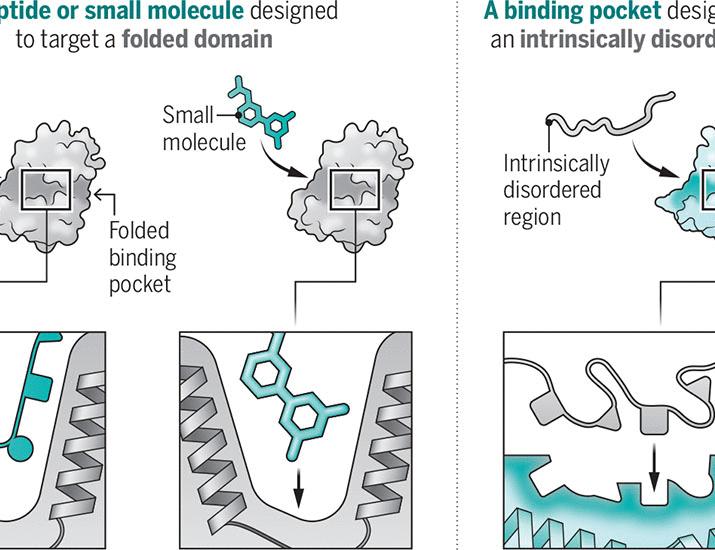Now Reading: India Achieves Carbon-Negative Acetone and Isopropanol Production via Industrial Gas Fermentation
-
01
India Achieves Carbon-Negative Acetone and Isopropanol Production via Industrial Gas Fermentation
India Achieves Carbon-Negative Acetone and Isopropanol Production via Industrial Gas Fermentation
Fast Summary
- Study Focus: The research demonstrates the environmental advantages of synthetic biology-based pathways for producing acetone and isopropanol. The study compares greenhouse gas emissions of these methods versus conventional fossil-based production routes.
- Life cycle Analysis (LCA): A cradle-to-gate system boundary was applied to assess environmental impacts,allowing adaptability in accounting for diverse end-of-life scenarios. This methodology adheres to established ISO standards and has international acceptance.
- Carbon-Negative Products: By factoring avoided emissions credits, the study calculates “carbon-negative” values at the gate for products derived using steel mill off-gas. However, this does not imply net atmospheric carbon removal.
- Methodological Choices: Different frameworks exist globally for calculating greenhouse gas savings with CCU (Carbon Capture Utilization) technologies-none universally agreed upon in the chemicals sector.
- Application Flexibility: This approach to LCA can be applied across various waste feedstocks like biogenic CO₂ or solid waste, emphasizing adaptability.
Source Link: Nature Biotechnology
Indian Opinion Analysis
The outlined methodology presents promising steps toward addressing industrial carbon footprints through innovative biochemical solutions such as CCU technology. India could consider exploring similar processes within sectors like steelmaking or petrochemicals that produce significant waste gases. Using cradle-to-gate analyses ensures openness regarding potential benefits compared to conventional methods but calls for nuanced understanding given differences across global frameworks.
For a carbon-intensive economy like India’s, adopting synthetic biology pathways may align well with national climate goals under programs like National Action Plan on Climate Change (NAPCC). Though, policymaking should take into account regional feedstocks availability and robust verification mechanisms before implementation on scale.
Despite its promise, reliance on avoided emission credits might require stricter regulatory oversight in India to ensure meaningful impact rather than inflated environmental claims by industries benefiting from such technologies.
Read more: Nature BiotechnologyQuick Summary:
- The article details the affiliations and authorship of a study published in the renowned scientific journal Nature Biotechnology.
- Key institutions involved include Northwestern university (USA), Oak Ridge National Laboratory (USA), the University of Tennessee, and Lanzatech, among others.
- Research contributors hail from multiple disciplines including chemical engineering, synthetic biology, genome sciences, and cancer studies.
- Corresponding authors are Ching Leang (Lanzatech), Michael Jewett (Northwestern University), and Michael Köpke (Lanzatech).
Indian Opinion Analysis:
The global nature of this study highlights India’s potential role in fostering international collaborations in advanced biotechnology research. While India was not directly mentioned as part of this current project or affiliations listed, burgeoning talent within Indian science suggests that initiatives to integrate local researchers into such networks could accelerate indigenous R&D outcomes. Breaking new ground in areas like synthetic biology has profound implications for tackling challenges related to energy sustainability and health-which align closely with India’s national priorities.
For complete details on research findings: [Link provided]Quick Summary:
- Researchers have achieved carbon-negative production of acetone and isopropanol via gas fermentation at industrial pilot scale.
- This breakthrough, reported in Nature Biotechnology, highlights advancements in sustainable chemical manufacturing.
- The study builds on previous research to demonstrate the feasibility of carbon-negative chemical production methods.
Indian Opinion Analysis:
This growth could have significant implications for India’s efforts toward sustainability and industrial decarbonization. As india grapples with high emissions from its expanding industrial base, technologies such as this could aid in addressing environmental challenges while fostering economic growth through green manufacturing practices. However,adoption at scale would require investment,infrastructure changes,and policy support to integrate these methods within India’s existing systems effectively.
Read More: Nature Biotechnology Article




























